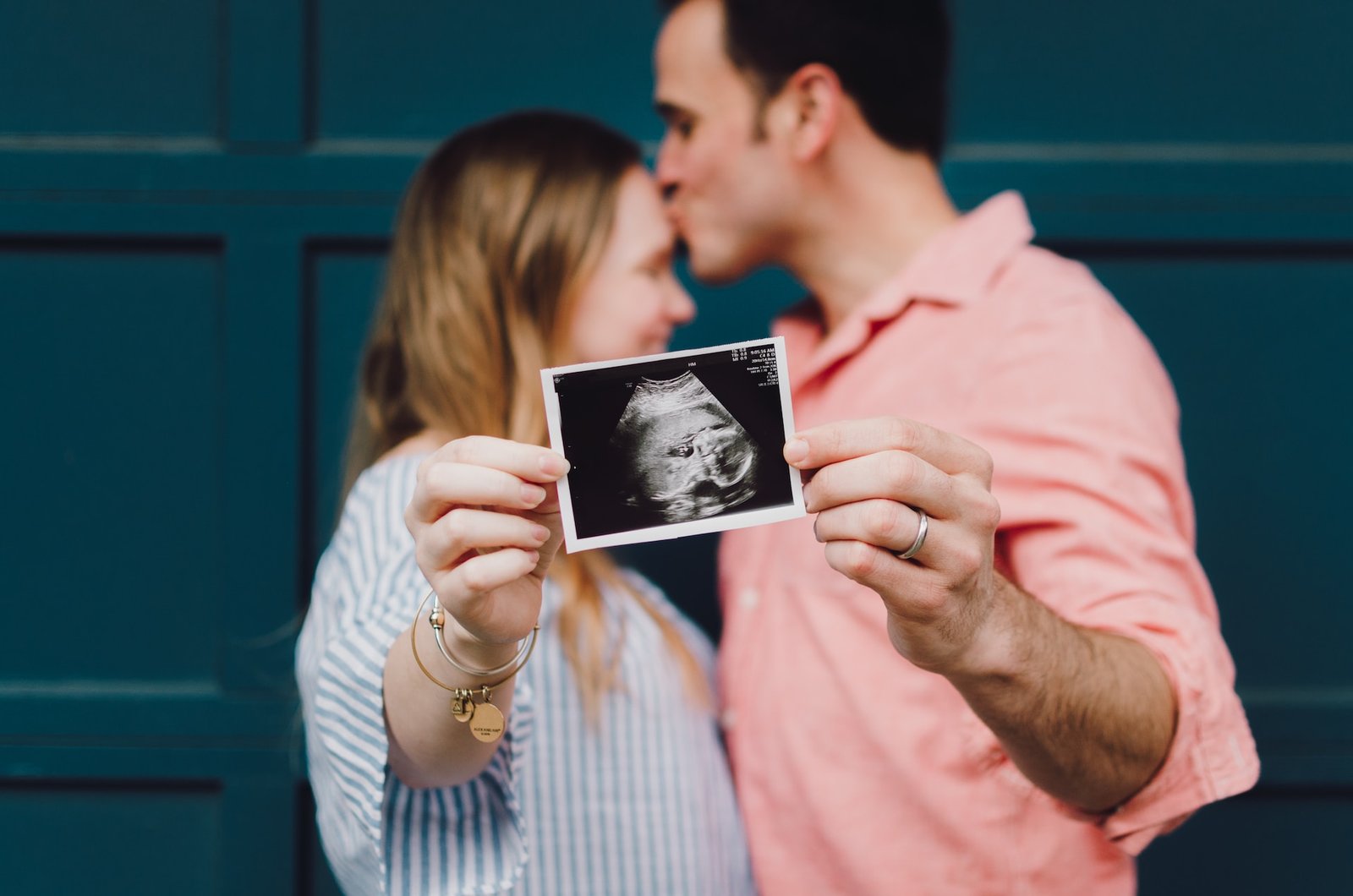Pregnancy myths often circulate, and one common belief is that subsequent pregnancies result in faster deliveries. In this blog post, we’ll delve into the science behind this notion and explore whether a quicker labor is a consistent reality for those who have been through pregnancy before.
Understanding the Myth

The Common Belief:
Many people believe that after the first childbirth experience, subsequent pregnancies and deliveries are quicker due to the body having gone through the process before. This idea suggests that the body becomes more efficient with each pregnancy.
What the Science Says:
While there may be anecdotal evidence supporting the notion of faster deliveries, scientific research does not consistently validate this belief. Labor duration is influenced by various factors, and subsequent pregnancies do not guarantee a faster or slower delivery.
Factors Influencing Labor Duration

Individual Variances:
Each woman’s body is unique, and factors such as pelvic shape, uterine contractions, and hormonal responses vary. These individual differences play a significant role in determining the duration of labor.
Prenatal Care:
The quality of prenatal care and the overall health of the mother are crucial factors. Adequate prenatal care helps identify and address potential complications that could impact the labor process.
Baby’s Position:
The baby’s position in the womb, particularly during labor, can affect the ease and speed of delivery. Factors like the baby’s size and head position contribute to the overall dynamics of labor.
Does Experience Matter?

Psychological Factors:
While experience may play a role in terms of familiarity with the process, psychological factors can influence the perception of time during labor. A woman who has been through childbirth before may feel more confident and less anxious.
Impact of Previous Delivery:
The impact of a previous delivery on subsequent pregnancies varies. Conditions like vaginal tearing or cesarean section in the first delivery can influence the dynamics of subsequent labors.
Medical Interventions

Induction or Cesarean Section:
Medical interventions, such as induced labor or planned cesarean sections, can influence the duration of delivery. These decisions are often made based on medical considerations rather than the number of previous pregnancies.
Health Complications:
Health conditions, such as gestational diabetes or preeclampsia, can impact the progression of labor. Proper management of these conditions is crucial for a safe and healthy delivery.
Conclusion
Embracing Individual Journeys:
In conclusion, the belief that subsequent pregnancies result in faster deliveries is a myth that does not hold true for everyone. Each pregnancy is a unique journey influenced by various factors, and labor duration is a complex interplay of individual and medical variables.
Seeking Professional Guidance:
It’s essential for expectant mothers to approach each pregnancy with an open mind, recognizing that the duration of labor is unpredictable. Consulting with healthcare providers and following recommended prenatal care guidelines ensures the best possible outcomes for both mother and baby.








